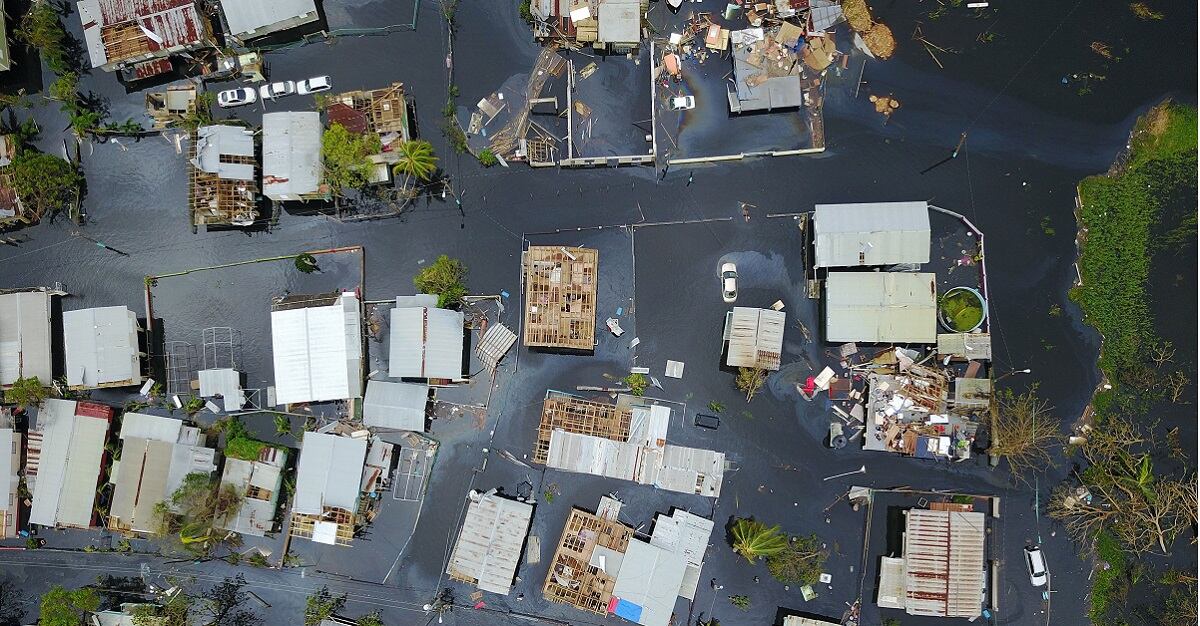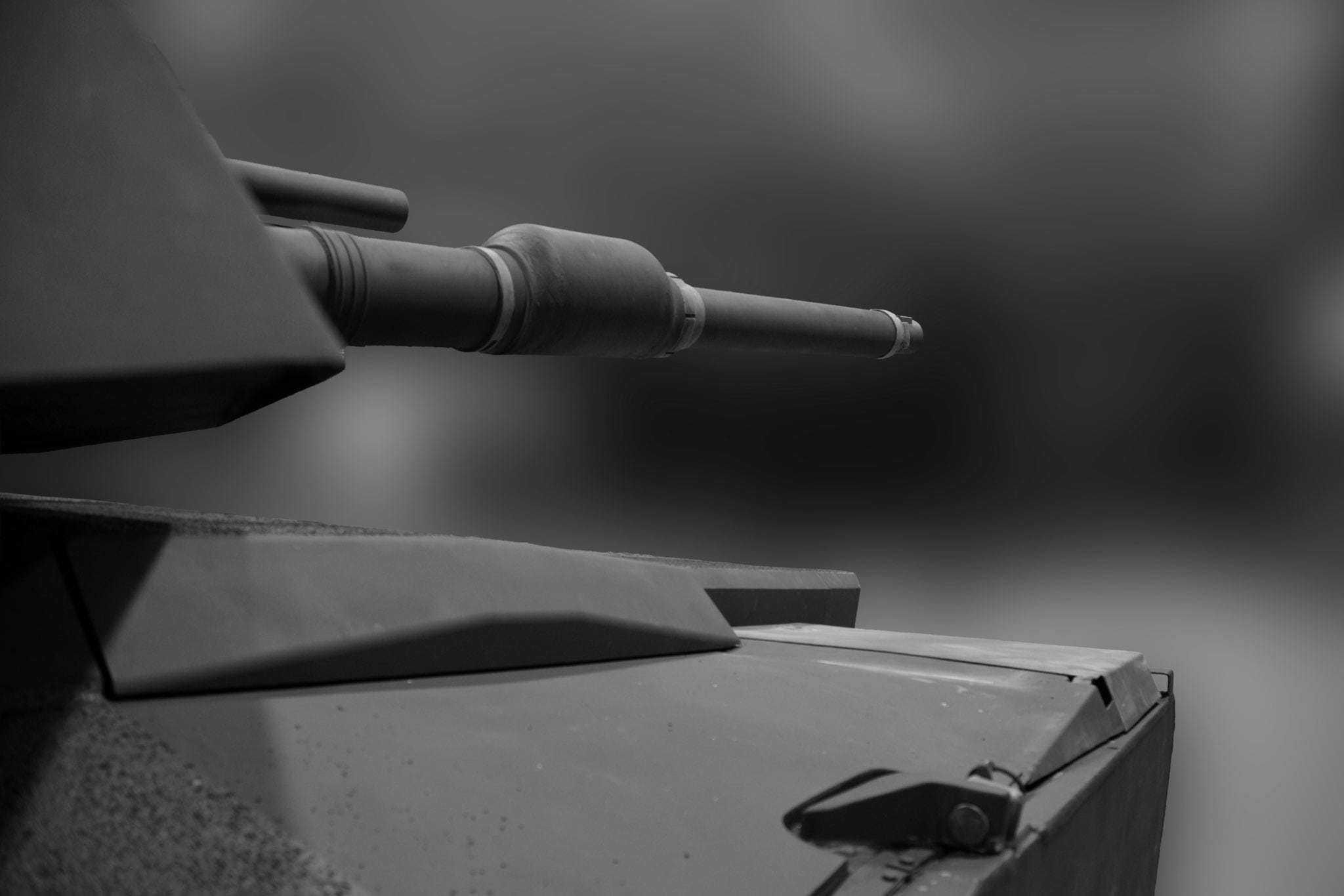When Puerto Rico was pummeled by the 2017 hurricane season, it left the island without power, access to essential supplies or drivable roads.
Coast Guard Aviation Survival Technician 2nd Class Omar Alba, who was stationed at Coast Guard Air Station Borinquen, realized he had the equipment to help in the aftermath of Hurricane Maria.
The rescue swimmer had a limit on how much he could fly each day with the Coast Guard on humanitarian missions, but he knew he could help in other ways.
“I could only fly six hours a day, but they didn’t tell me how long I could drive,” Alba told Military Times.
Alba, who enjoys off-roading when he’s not working, has a modified Jeep that could handle the island’s tree-strewn terrain. He loaded the Jeep up with water, food and supplies and took off across Puerto Rico to help those who were isolated.
For his actions last year, Alba has been named the 2018 Military Times Coast Guardsman of the Year.
The 34-year-old had grown up going to church, and he continued going to services in Puerto Rico, so he knew where they were located.
Alba spent about 40 days delivering supplies to churches around the island, cutting through the trees to create a path until the roads were cleared.
RELATED

He also helped search for civilians and family members of other Coast Guardsmen who were stranded in Puerto Rico.
“There were no cellphones or communications, so [the Coast Guard] launched two helicopters to fly over people’s homes,” he said. “There was so much debris you couldn’t really tell.”
Alba wasn’t chosen to be part of that flying group, so he decided to be a ground asset and drive to the homes.
“I would literally make a road,” he said. “I was plowing through everything finding these people.”
By the end of it, Alba had found more than a dozen people reported missing.
’The water has always made me happy’
Alba grew up in El Paso, Texas, and studied engineering in college.
“It honestly did not make me happy,” he said. “I was good at it, but it didn’t make me happy.”
After having an internal fight with himself, Alba sat down and realized what had always made him happy was the water.
“At 14 I joined a swim team, then I became a lifeguard at a local pool,” he said, adding that the medical world also interested him.
“My dad was a diabetic, so I knew how to do dialysis,” Alba said. “Something about the medical world and water brought a lot of happiness to me.”
He thought there had to be a job where he could be in the water and provide medical care.
Originally, Alba was going to join the Navy’s rescue swimmer program, but an ad popped up online one day with guys jumping out of a helicopter.
He remembers thinking: “What the hell is that guy?”
After finding out that guy was a rescue swimmer in the Coast Guard, Alba knew that’s what he wanted to do. He officially joined in 2006.
After performing odds-and-ends jobs for the Coat Guard, he completed the service’s airman program.
He graduated from the program and was sent on his first big mission.
Alba was stationed in Alabama when his team got a phone call about an oil rig explosion.
“They asked if I wanted it,” he said. “I was almost brand new as a rescue swimmer.”
As Alba and his crew flew closer to the area, he thought his night-vision goggles were broken because it was so bright ahead of him, even though the sun had already set.
He asked the pilot what was in front of him.
“That’s the burning oil rig,” he was told.
The oil rig was Deepwater Horizon, where an explosion killed 11 of the 126 crew members and caused a three-month oil spill.
Alba helped hoist the survivors off the rig.
The Coastie recently changed duty stations to Coast Guard Air Station Savannah in Georgia.
“It’s going to take me three to six months to figure out how I can help people here,” he said, but he’s sure he’ll find a way.
Charlsy is a Reporter and Engagement Manager for Military Times. Email her at cpanzino@militarytimes.com.




